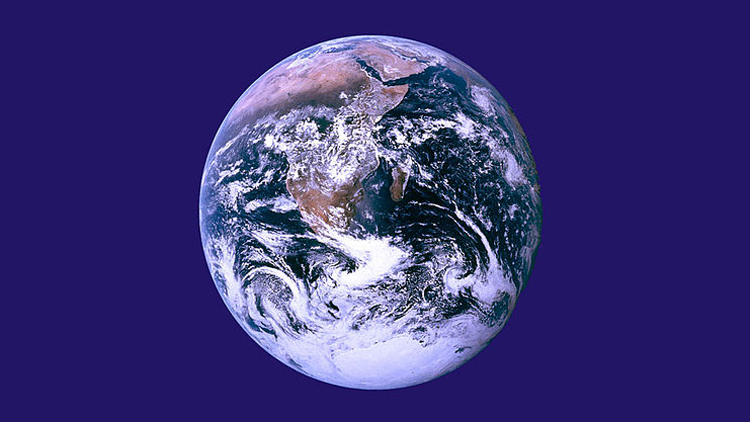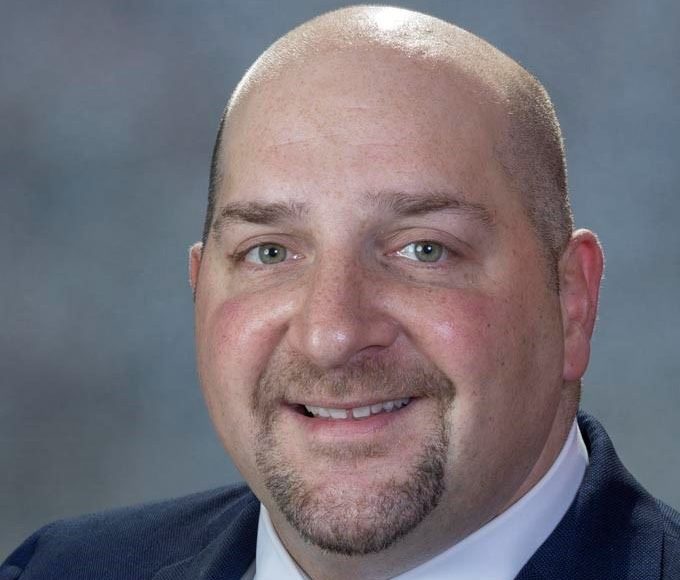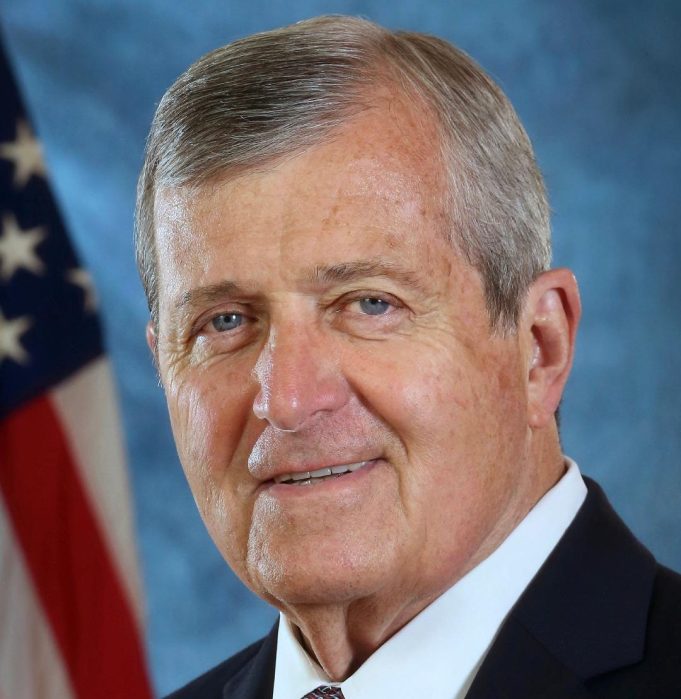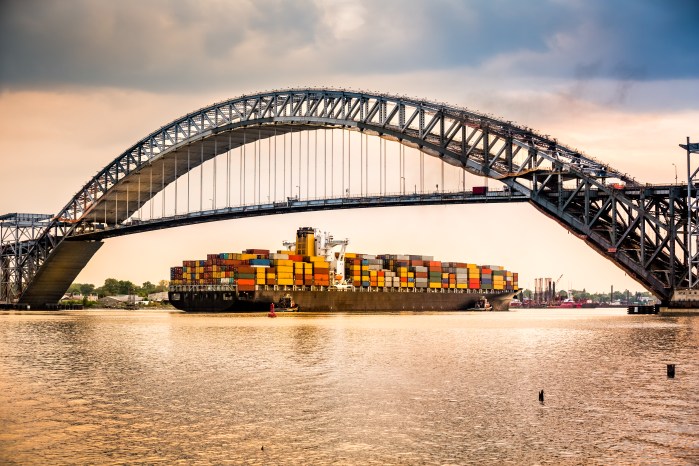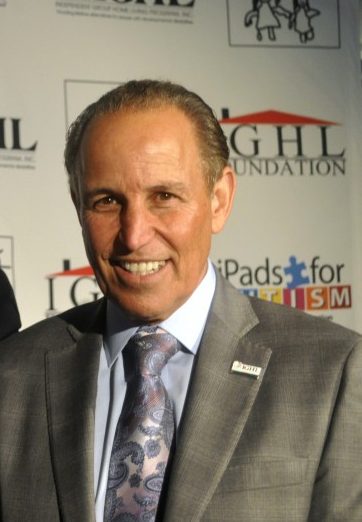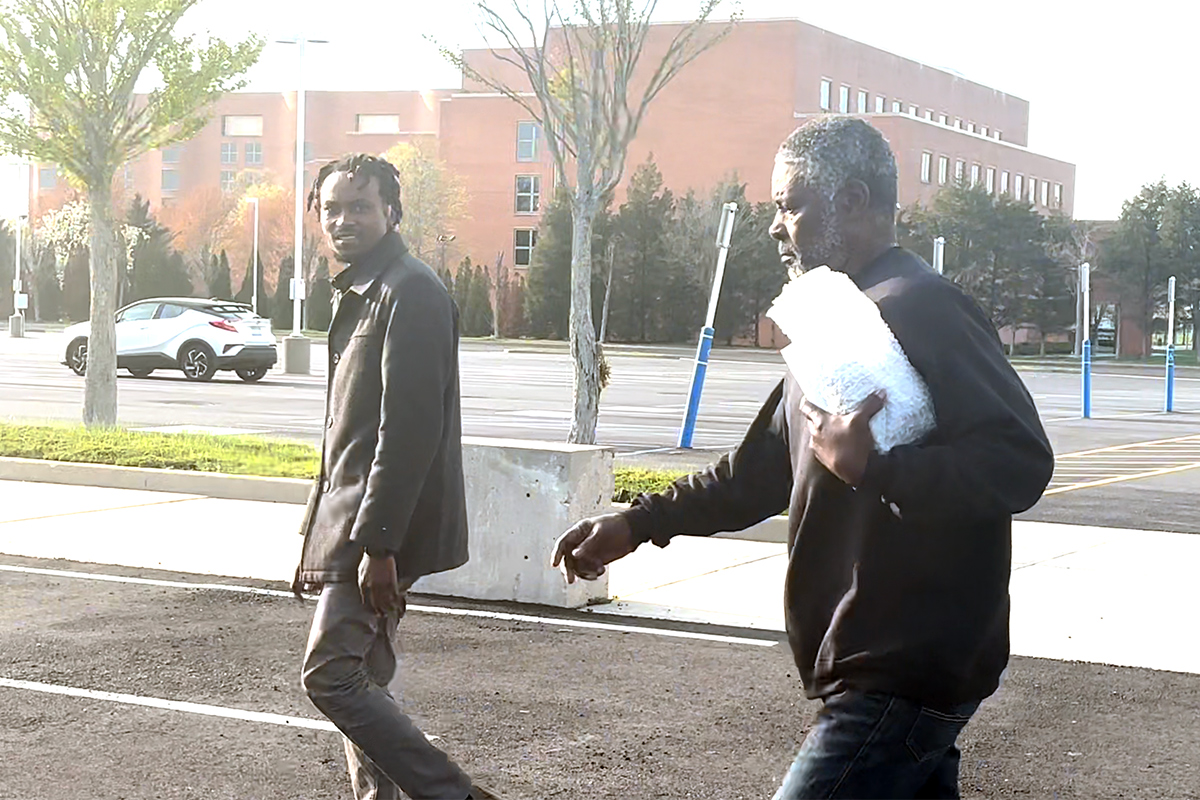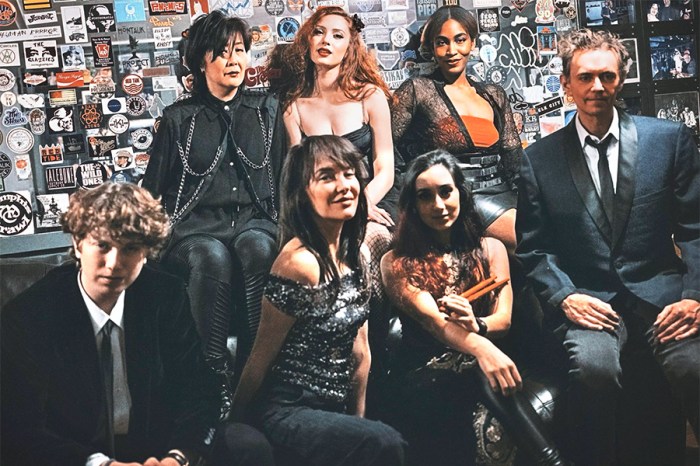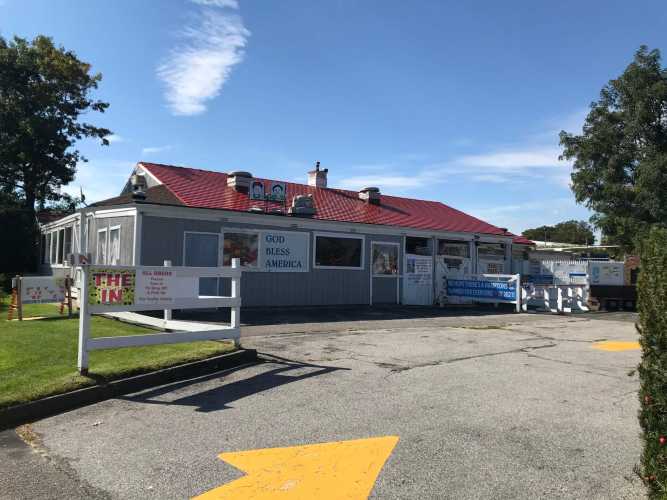What is to follow this horrific COVID-19 pandemic?
Indian author Arundhati Roy wrote that the COVID-19 pandemic is a “portal” — a “gateway” — to a new world.
“Historically, pandemics have forced humans to break with the past and imagine their world anew,” she wrote. “This one is no different. It is a portal, a gateway between one world and the next.”
“We can choose,” she continued, “to walk through it, dragging the carcasses of our prejudice and hatred, our avarice, our … dead ideas, our dead rivers, and smoky skies behind us. Or we can walk through … ready to imagine another world. And ready to fight for it.”
We can, indeed, hope that somehow this global health calamity might lead to a better world. More importantly, after all the deaths, the profound misery we need and must work for a better world. And there are forces seeking to prevent that outcome.
The pandemic has made clear the oneness of the peoples of the world, as former U.S. astronaut Scott Kelly, wrote in an op-ed piece in The New York Times.
“Seen from space, the Earth has no borders,” he wrote. “The spread of the coronavirus is showing us that what we share is much more powerful than what keeps us apart. All people are inescapably interconnected, and the more we can come together to solve our problems, the better off we will all be. One of the side effects of seeing Earth from the perspective of space is feeling more compassion for others.”
Kelly, who spent a year on the International Space Station, wrote: “I’ve seen humans work together to prevail over some of the toughest challenges imaginable and I know we can prevail over this one if we all do our part and work together as a team.”
“Oh, and wash your hands — often,” he concluded.
The disaster surely underlines the folly of humans battling with each other — the horrible human proclivity to war, the folly of pouring national treasuries into armed conflict.
UN Secretary-General Antonio Guterres is appealing to warring parties on Earth to pull back from hostilities, put aside mistrust and animosity, silence the guns.
“It is time,” said Guterres, “to put armed conflict on lockdown and focus together on the true fight of our lives.”
Susanne Grabenhorst, leader of International Physicians for the Prevention of Nuclear War, agreed.
“The virus drastically demonstrates both the mutual global dependencies and the irresponsibility of military conflict,” she said. War, she emphasized, has “massively weakened” health systems “and made millions of people particularly vulnerable to the current pandemic.”
IPPNW, recipient of the Nobel Peace Prize, is “demanding that military resources be redirected…for the service of health and peaceful life.”
Another Nobel Peace Prize recipient, Mikhail Gorbachev, declared in an essay in Time magazine: “Many are now saying the world will never be the same. But what will it be like? That depends on what lessons will be learned.”
“What we urgently need now is a rethinking of the entire concept of security,” wrote the former Soviet president. “Over the past few years, all we’ve been hearing is talk about weapons, missiles and airstrikes … War is a sign of defeat, a failure of politics.”
“The overriding goal must be human security: providing food, water and a clean environment and caring for people’s health,” he continued. “To achieve it, we need to develop strategies, make preparations, plan and create reserves. But all efforts will fail if governments continue to waste money by fueling the arms race.”
In recent times, a nuclear Armageddon has gotten closer. The “Doomsday Clock” of The Bulletin of the Atomic Scientists was reset in February to 100 seconds to midnight — the closest to midnight since it was initiated in 1947.
Nuclear war, with an exchange of some of the more than 14,000 hydrogen and atomic weapons existing today, many on hair trigger alert, would be an atomic COVID-19 for the people of the Earth.
“Why not,” asked State University of New York Professor Emeritus Lawrence Wittner, “work cooperatively to save humanity from massive global death and economic collapse” rather than “waging wars and engaging in vast military buildups with the goal of slaughtering one another.”
Is a world at peace a pipe dream? I know something about conflict and war from being a 20-year member of the Commission on Disarmament Education, Conflict Resolution, and Peace of the United Nations and the International Association of University Presidents. The vision of the commission was reducing, perhaps someday ending, the conflict that mires the globe.
The same intensity with which humanity has studied and practiced war through the millennia must be applied to peace. I traveled the world with the commission, coordinated conferences. It developed courses used internationally on conflict resolution and peace. It also brought people from all over the world together for retreats — people from where conflict brewed.
It was amazing that after a couple of weeks, getting to know each other personally, these folks who otherwise would be at each other’s throats, had become friends. Nations can, through diplomacy, engendering trust and communicating, do the same. Peace is possible.
“The concept of ‘security’ must be redefined, or at least expanded,” wrote Jonathan Granoff, president of the Global Security Institute, and DePaul University Professor Barry Kellman, wote in Newsweek. “For a long time, it has been defined singularly in nationalistic terms, measured by military strength. Many trillions of dollars continue to be spent on weapons to defend nations against threats they pose to each other.
“Vast institutions have been created around these weapons, and outstanding intellects are dedicating their brilliance to strengthening these institutions and designing strategies for using these weapons — all in the name of national security,” he continued. “But as this pandemic spirals around the world, and as militaries lie helpless before it, it’s appropriate to ask whether we would be better off if more resources and attention were pooled and devoted to addressing threats to human security.
“It is an existential imperative we need to prioritize now,” he added. “It is essential to combatting pressing global threats, including climate change and nuclear weapons, as well as pandemic diseases. Our thinking and actions must reflect the reality that we are one human family.”
As to the link between COVID-19 and climate change, some of the same groups and political figures deny both. As DeSmog, the information center on global warming disinformation, has exposed: “The climate science denial machine created by the fossil fuel industry is now a major source of COVID-19 disinformation. Deniers have deployed many of the same tactics they have used to attack climate scientists and delay action to downplay the severity of the coronavirus outbreak and sow distrust in the response efforts of governments, scientists and the medical community — with deadly consequences that are now unfolding before our eyes.”
Canadian physician Dr. Courtney Howard, in an interview in Yes, said the coronavirus crisis “at first seems unrelated to climate, but it has a lot of consequences for the conversation around climate and health … The whole coronavirus outbreak is a giant wake-up call in terms of planetary health because what it’s saying is, ‘Hey, there’s a lack of care at the intersection of humans and the natural world, and that’s what allowed a zoonotic virus to make a jump into humans.’ Essentially, we’re in a generational tipping point,” she said. “Things have been disrupted, so now we have this opportunity: how can we apply the lessons that we’ve learned to saving lives this century and into the next?”
Professor Dieter Helm of the University of Oxford in England said: “The coronavirus crisis will come to an end even if coronavirus does not … What will not be forgotten by future historians is climate change and the destruction of the natural environment … There is a broader lesson here … and a really great legacy of this crisis would be that we learn it.”
World Meteorological Organization Secretary-General Petteri Taalas, on the 50th anniversary of Earth Day in 2020, declared: “Whilst COVID-19 has caused a severe international health and economic crisis, failure to tackle climate change may threaten human well-being, ecosystems and economies for centuries. We need to flatten both the pandemic and climate change curves. We need to show the same determination and unity against climate change as against COVID-19. We need to act together in the interests of health and welfare of humanity not just for the coming weeks, but for many generations ahead.”
As The Guardian, out of the U.K., began an article on the climate crisis: “Drowned cities, stagnant seas; intolerable heat waves; entire nations uninhabitable … and [with a global population of] more than 11 billion humans. A four-degree-warmer [four-degree Celsius is 39.2 degrees Fahrenheit] world is the stuff of nightmares and yet that’s where we’re heading in just decades.”
As with the COVID-19 virus situation, action on the climate crisis has been slow.
The climate crisis, as with the COVID-19 pandemic, must be taken on forcefully with the world together. Totally delinquent has been the Trump administration withdrawing the U.S. from the Paris Climate Agreement with Trump calling climate change — like he called the coronavirus pandemic — a “hoax.” Ending the burning of fossil fuel — the chief cause of global warming — and a conversion to green, renewable energy would deal with this enormous threat.
As “we go from today to tomorrow,” commented Gov. Andrew Cuomo, this is “an opportunity where after this horrendous period that we have gone through on every level, after the exorbitant cost of this, the personal pain of this, the death … this has to be one of those moments in time when we look back where we say society transformed.”
“It was a learning and growth and transformational period where growth and evolution were accelerated,” he continued. “Society took a terrible blow, but it became a moment of reflection where all sorts of new reforms and innovations happen. That’s what we have to do with this period. So our goal is not let’s get up and turn the machine back on and keep going the way we were. No. How do you make the changes now that you’ve been talking about in some cases for years … but … never had the political will to do it? Or … it was too difficult. We talk about environmental changes that we’re going to make, but we never really do it. We talk about issues of income inequality, but we never really get there. We talk about changes to our public transit system, but it’s too hard, it’s too controversial.”
“All right,” said Cuomo, “well now you have an opportunity in this window to really make changes and reforms and improve things in a way you haven’t. And by the way, if you went through this and you went through this pain and aggravation and suffering and you didn’t learn, well, then shame on us.”
Jamie Metzel, formerly with the U.S. State Department and a White House fellow and a UN human rights officer, said: “The world is not going to snap back to being exactly like it was before this crisis happened … We’re going to come out of this into a different world.”
And he warns: “Our democracies are going to be challenged.”
An immediate political effect of the COVID-19 pandemic has been leaders in a number of countries moving their nations toward authoritarianism.
“There will be change,” said social critic, historian, linguist, and MIT Professor emeritus Noam Chomsky. “The question is: what kind of change.” He asks: will the COVID-19 pandemic provide an opening for “more repression?”
There is a drive afoot, says Chomsky, of figures “working to institute the kind of change they want.” They’re “carefully constructing” a push “encompassing the most reactionary states in the world” to use the COVID-19 pandemic to foster authoritarian rule.
“Will there be counter-pressure?” he asked. People need to understand that it is not enough to just show up on Election Day, says Chomsky. They must be “all the time working, pressing, making changes — that’s the way things are done — and it has to be done on an international scale.”
Will out of this calamity come a better world? Or will the world go through this gateway “dragging the carcasses of our prejudice and hatred, our avarice, our…dead ideas, our dead rivers and smoky skies…”
We can create a new and better world — but we must fully commit ourselves to it and work for it, “pressing, making changes.”
Karl Grossman’s just-released TV program on the COVID-19 pandemic, “A ‘Portal’ to a Better World?” can be viewed at youtube.com
For more coronavirus coverage, visit longislandpress.com/coronavirus
Sign up for Long Island Press’ email newsletters here. Sign up for home delivery of Long Island Press here. Sign up for discounts by becoming a Long Island Press community partner here.




